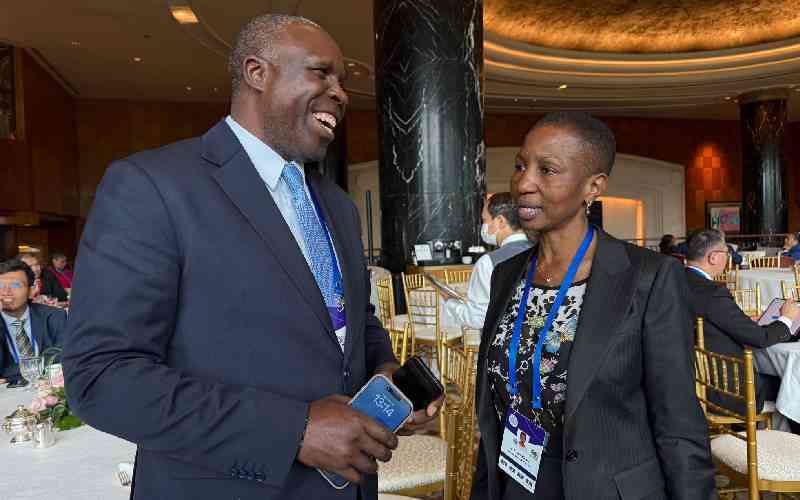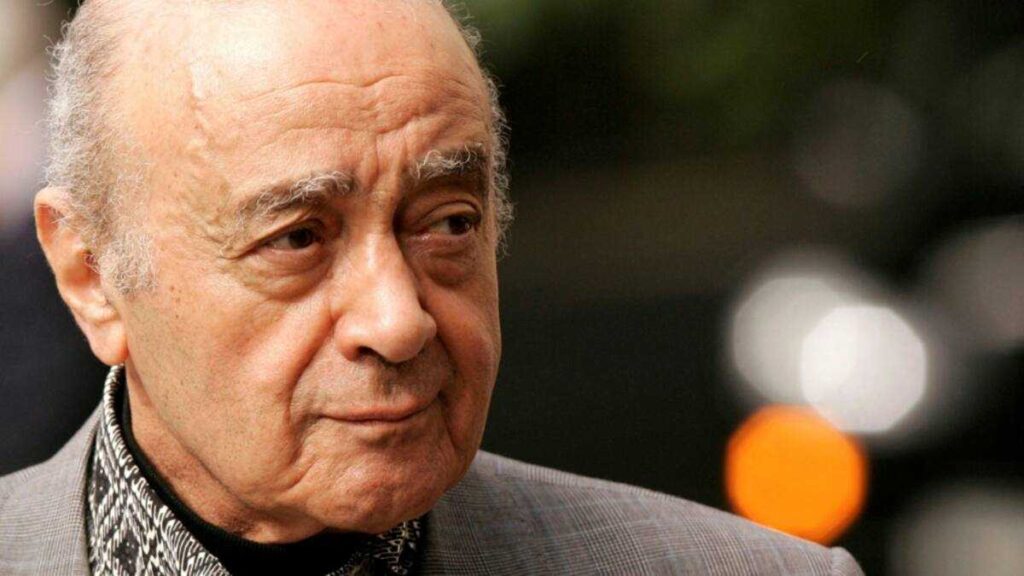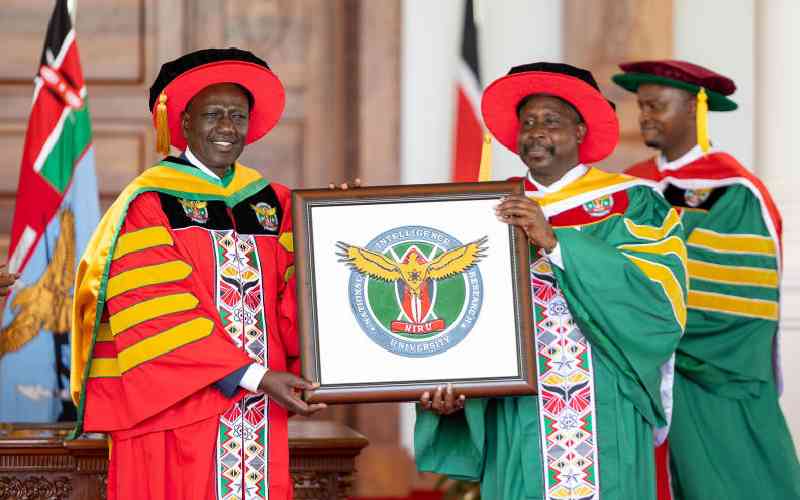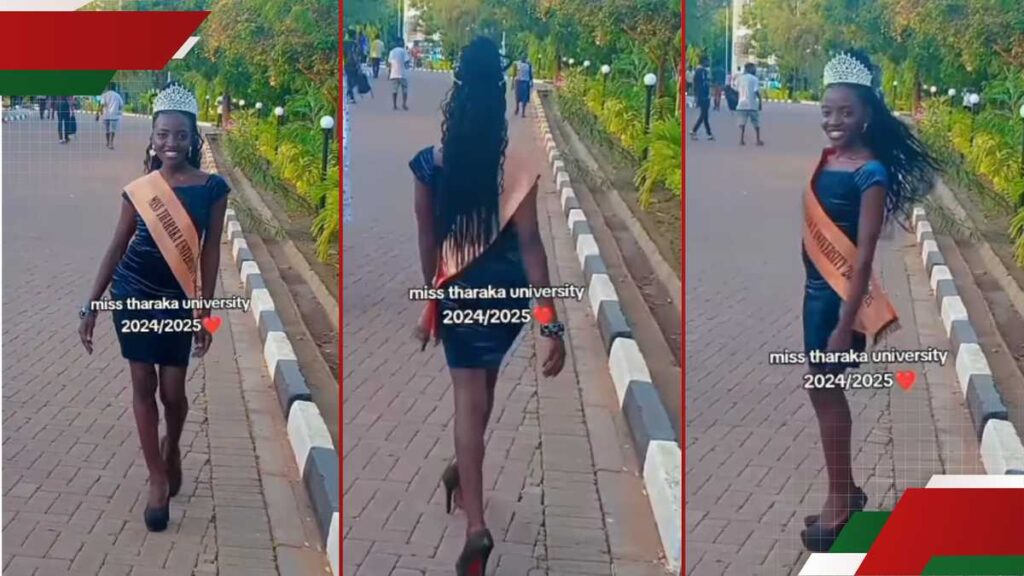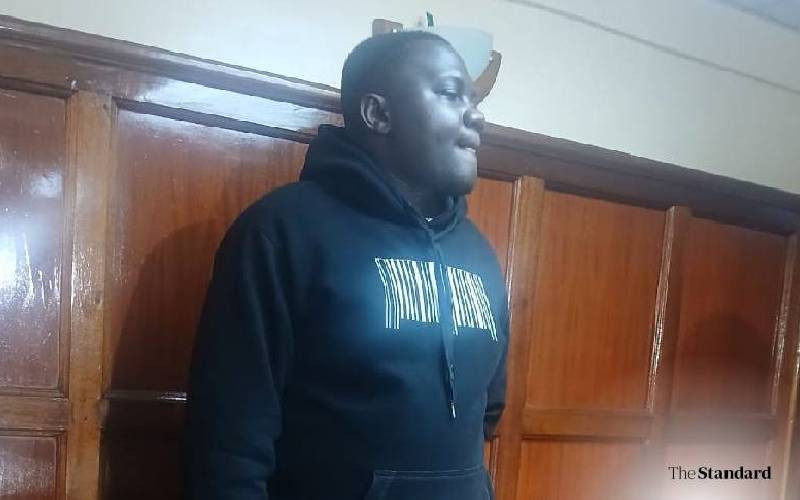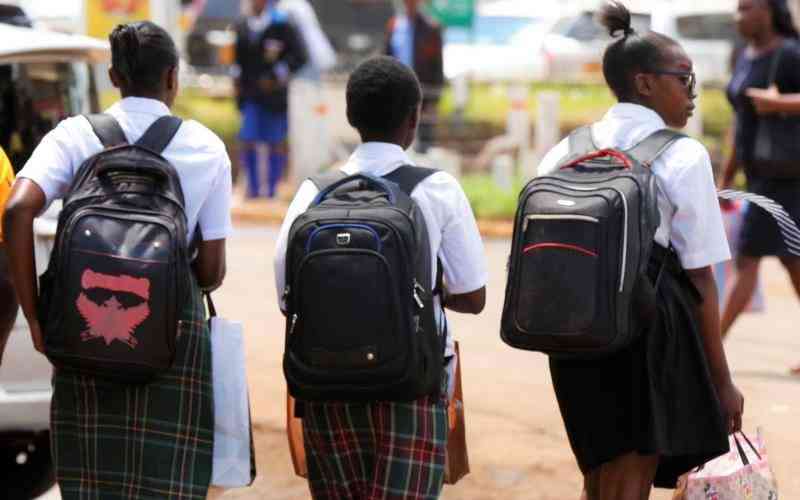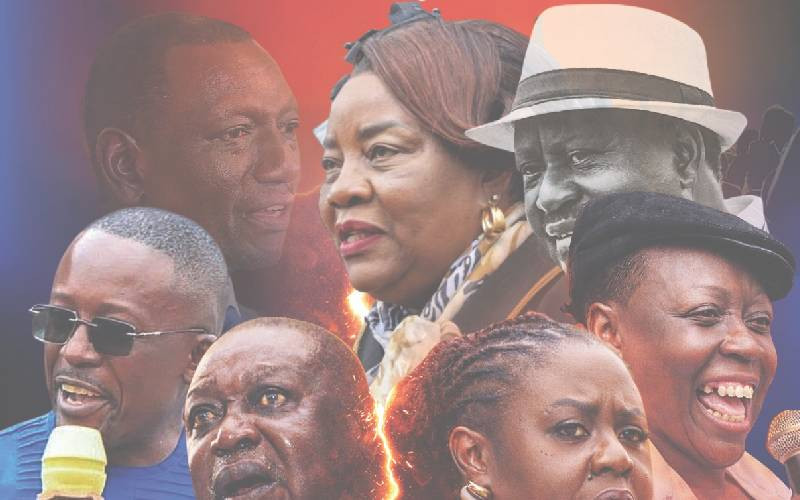Kenya has joined a new China-backed international mediation body that experts say could offer a faster and cheaper way to resolve disputes between nations, businesses, and traders.
The International Organisation for Mediation (IOMed), which includes 32 founding member states, was formally established at a signing ceremony in Hong Kong, where it will be headquartered.
The body is heralded as the world’s fastest intergovernmental organisation dedicated to mediation, designed to address state-to-state disputes, commercial conflicts, and disagreements between traders.
Backers, including Kenya and China, as well as legal scholars, see IOMed as a potential remedy to the bureaucratic delays often associated with traditional judicial bodies like the International Court of Justice (ICJ) and the World Trade Organisation (WTO).
The move could reduce Kenya’s reliance on these institutions in global disputes with neighbours and international investors.
Kenya’s Solicitor General, Shadrack J. Mose, signed the convention on behalf of the country, signalling a shift in Nairobi’s approach to conflict resolution.
He was accompanied by Kenya’s Ambassador to China, Willy Bett and Jane Makori, the Deputy Director General at the Asia and Pacific Directorate.
Mr Bett, in an interview with The Standard, stressed the importance of the newly formed agency in conflict resolution.
He noted, “Mediation builds trust quickly between parties, which is essential since legal processes can be lengthy and lack goodwill.”
Bett called the new body a valuable initiative for fostering mutual respect and efficient problem-solving.
He emphasised Kenya’s commitment to global conflict resolution through this organisation, stating it will help nations address both business and conflict issues.
“We have been using mediation in various forms, but now this organisation will help countries come together to solve issues, not only of business but also of conflict,” said Bett.
Unlike courts or arbitration panels, mediation is a voluntary process where a neutral third party helps conflicting parties reach a compromise.
Stay informed. Subscribe to our newsletter
China, a key endorser, has positioned IOMed as ‘a global public good’, a cost-effective, flexible alternative to litigation.
Chinese Foreign Minister Wang Yi, who was the first to sign the convention, speaking at the signing ceremony emphasized the organization’s role in fostering dialogue, stating:
“Disagreements between countries are normal and should be settled peacefully.”
He noted that mediation is enshrined in Article 33 of the UN Charter, which advocates for negotiation over conflict.
The body’s establishment, he said, fills a gap in international law and gives African and Global South nations a stronger voice in global governance.
Kenya’s participation follows its 2021 rejection of an ICJ ruling on a maritime border dispute with Somalia, which awarded Mogadishu a portion of the oil- and gas-rich Indian Ocean territory.
Nairobi dismissed the decision ‘in totality’, accusing the court of bias and withdrawing from its compulsory jurisdiction.
Since the ICJ lacks enforcement power, Kenya’s refusal left the dispute unresolved. IOMed now offers an alternative, prioritising negotiation over adversarial rulings.
The WTO regulates global trade and resolves trade disputes. Kenya, a member since 1995, hosted the 2015 Ministerial Conference in Nairobi. Critics argue that its processes are slow and favour wealthy nations.
The ICJ– The UN’s top court settles legal disputes between states.
Its rulings are binding but unenforceable, meaning countries can ignore them.
The IOMed – unlike the others- will not impose decisions.
Instead, it will facilitate ‘voluntary mediation’, which supporters say is faster, cheaper, and less damaging to diplomatic ties.
Other African signatories include Uganda, Djibouti, Sudan, and Zimbabwe, Algeria among others – nations that have faced complex legal battles over borders, trade, and investments.
Dr James Ding, a Hong Kong legal expert, called mediation a “win-win” solution:
“Existing mechanisms have been too costly and slow. This addresses those challenges,” he said.
Kenya’s Parliament must now ratify the convention for it to take effect. If successful, IOMed could help Nairobi avoid costly disputes while preserving regional diplomacy.
As global tensions rise, this new body may redefine how Kenya—and the world—resolves conflicts.








